Tucked away in the dusty computer archives of Boston College policy, cased in impenetrable byzantine Windows Vista-era web design, written in tempus immemorialis by God-knows-who, reside the by-laws concerning student organizations at Boston College. A recent Indiana-Jones-esque spelunk into this dungeon of legal prose and broken hyperlinks (not by me, I lack the courage, but by UGBC kids organizing a focus group on student rights, the heroes) revealed harsh reminders of exactly how blocked avenues of student expression remain. Standard laws apply—if a registered student club so much as blinks the blink must have been approved by an ever-growing series of acronyms. As the student rights focus group revealed, though, unregistered clubs lack what freedoms registered clubs occasionally enjoy. An attempt to involve unrecognized groups in a roundtable discussion was shelved on the grounds that the groups ought not state their name in a public forum. A chilling reminder that, if power isn’t strictly obeyed, mere speech could be considered unlawful.
The Heights is a public forum, so for a writer to publicize such clubs could constitute an on-campus crime punishable by … ??? You can never really know just how much you or your organization will be punished for any offense (or what “offense.”) This makes taking any stand against the University extremely difficult, no matter how much you think it conforms to their standards of expression. Few are likely to join you, all to the benefit of the powers that be. No concrete discussions about any unregistered club can legally take place. But what about hypothetical discussions? If you were to speak solely in hypothetical speculation, you could avoid any censors’ claims you were being harmful. It’s not yelling “Fire” in a crowded theater—it’s yelling “what if someone were to yell ‘fire’ in a crowded theater?” in a crowded theater. With that in mind, I hypothetically scheduled an “interview” with someone who, created strictly for the purposes of this article, is a member of an unrecognized student organization. To save ink, let’s call this conversational placeholder Ellie Tedeschi, A&S ’16, and to make her seem like a totally normal undergraduate student like you or me rather than a cypher for the point of my argument (which, I hasten to remind you, she is), let’s just say she’s a biology major from just south of Boston.
I “sat down” with Ellie in a metaphorical dimension right next to Addie’s. I asked her about the unrecognized, theoretical group Climate Justice at Boston College. Pretend this nonexistent group was an environmental activist group similar to hundreds of groups on other college campuses nationwide. These groups, Ellie “told” me, are interested equally in propagating student empowerment along with demanding BC take action regarding energy policies. While advocating for fossil fuel divestment (Google it, like I did—definitely don’t seek out information at a Climate Justice meeting, as they are fictitious) the group prides itself in fostering intensive discussion and awareness at their meetings. And yet no group like this is recognized at BC.
Conjecturing as to why this may be so, Ellie’s accounts of Climate Justice’s pretend rejection showed a distressing—though nonetheless purely hypothetical—narrative of disingenuous repression. This theoretical group was, until recently, theoretically named BC Fossil Free, but as part of their application process, was theoretically strong-armed into change its name, dropping the “BC,” lest someone get the wrong impression of our dear school. I was told this name change was essential, or else particular members of the group “would be held personally responsible” (quotes here referring to hypothetical rhetoric the University may or may not use.)
Ellie herself has experienced only apparent sympathy for her group from the administration’s student employees, and remains skeptical that the actual administrators she is aware of are the roadblocks or just one small branch of a shadowy bureaucratic network. Even taking the conversation to the administration’s acknowledged leaders has theoretically proven fruitless. They might potentially have met with University President Rev. William P. Leahy, S.J., “sending” two “members” to his house for a well-prepared “conversation.” When other “members” waited outside in a mock “candlelight vigil” to show support, three “cop” cars showed up causing distress among the group with the “threat” of disciplinary “action.” I hasten yet another time to remind you that these “events” certainly never happened. Ever. Given what we’ve all experienced of the administration’s unflinching power, however, don’t they seem awfully plausible?
There’s a reason I made up Climate Justice at Boston College. Unlike other potential, unrecognized clubs that could conflict with “University Values” in more hot-button religious ways (like, oh, I don’t know, contraceptives and homosexuality), energy issues are strictly secular. I maintain the University would likely deny a group invested in environmental activism on the grounds that their agenda would be to change the actual administrative function of the University, and that simply doesn’t fly at BC. As I’ve said before, the patterns of behavior the administration has adopted in dealing with clubs proves they would rather none of us exist to muck up their streamlined, sterilized campus identity.
BC runs a narcissistic ship. Like a face staring onanistically at its own reflection, the buildings on campus all resemble one another, edificially affirming that the administration’s voice is the only one worth hearing on these grounds. And the issue of Climate Justice (which, I again hasten to remind you, DOES NOT EXIST. Shhhhhhh.) would expose the misuse of “University Values” as a nebulous term meaning “anything the administration deems convenient to their immediate ends.” And if a group like Climate Justice was ever anointed by the higher-ups and given a place at the organizational table, it would not solve the problem. The problem is not that Climate Justice needs a seat at the table. The problem is with the table, and it needs to be overturned. Metaphorically speaking, that is.
Note: Any resemblances in this column to persons living or dead or unrecognized organizations existent or nonexistent are purely coincidental. Na-na-na-na, you can’t get me.
Featured Image by Jordan Pentaleri / Heights Editor


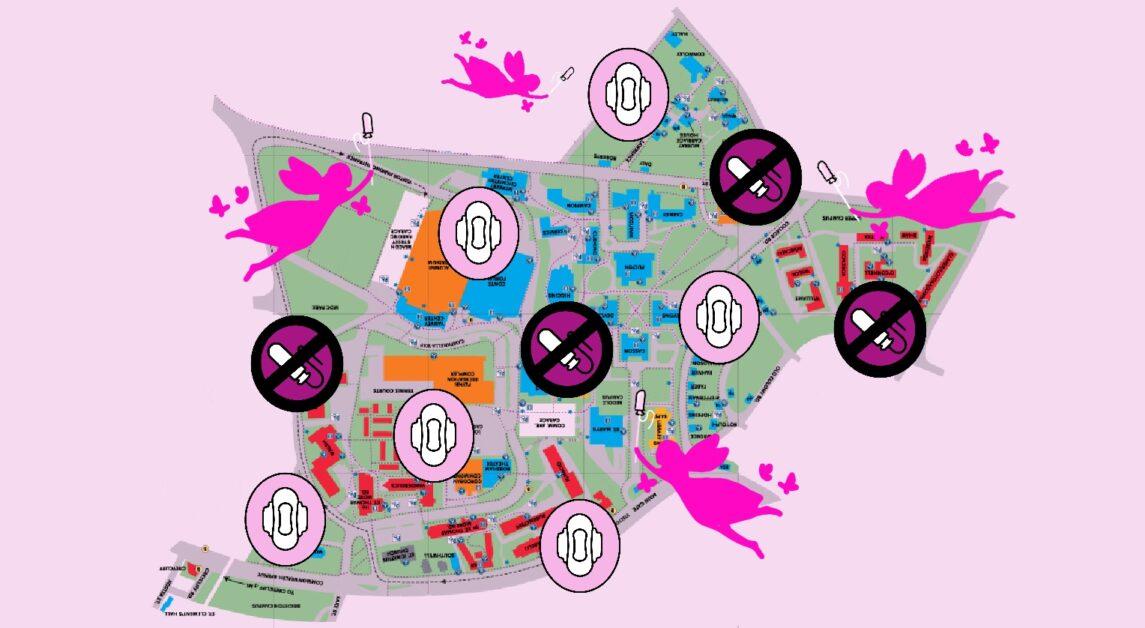
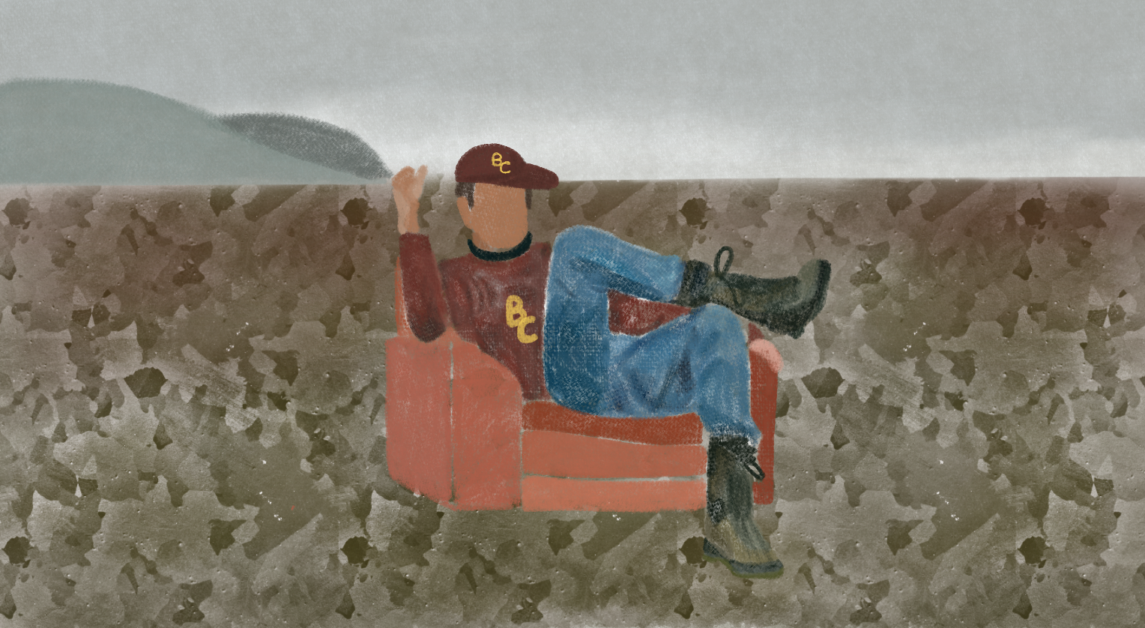
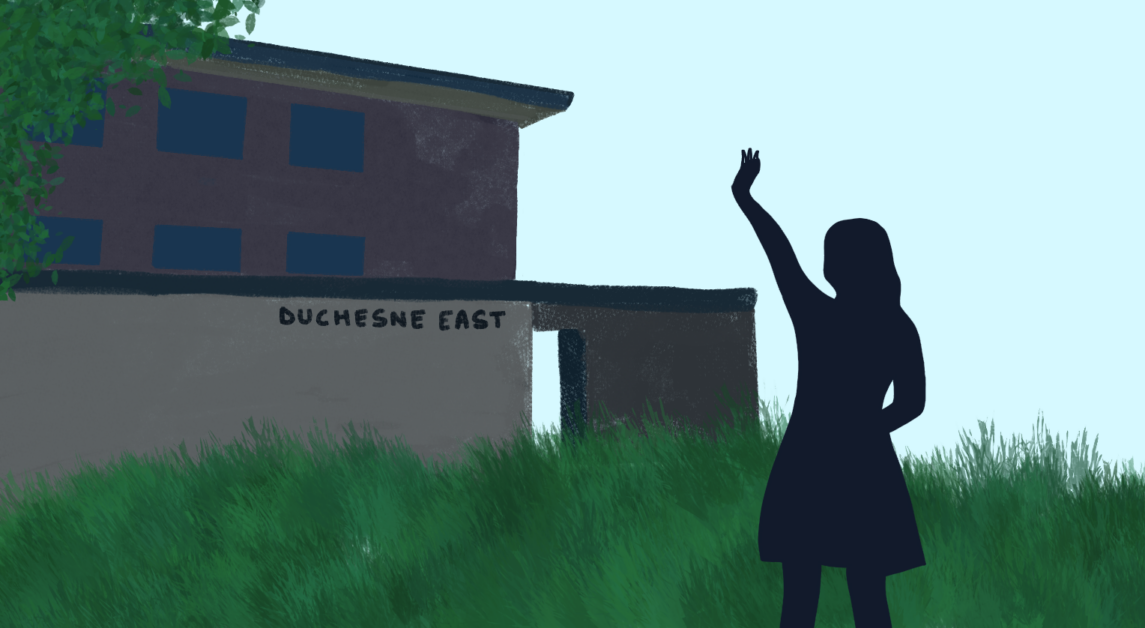


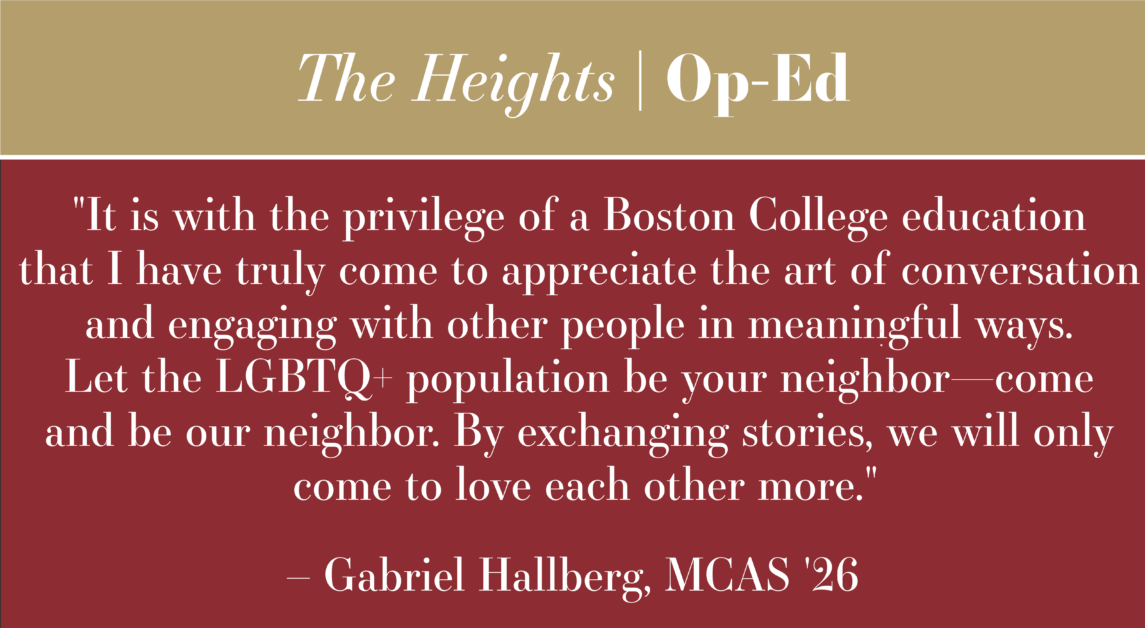
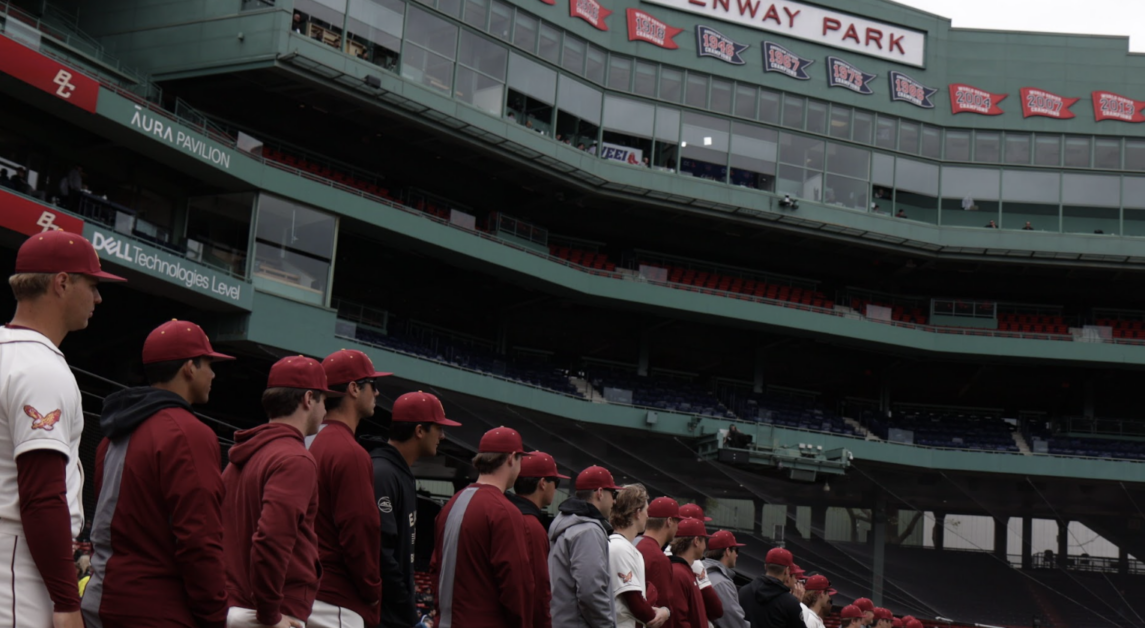
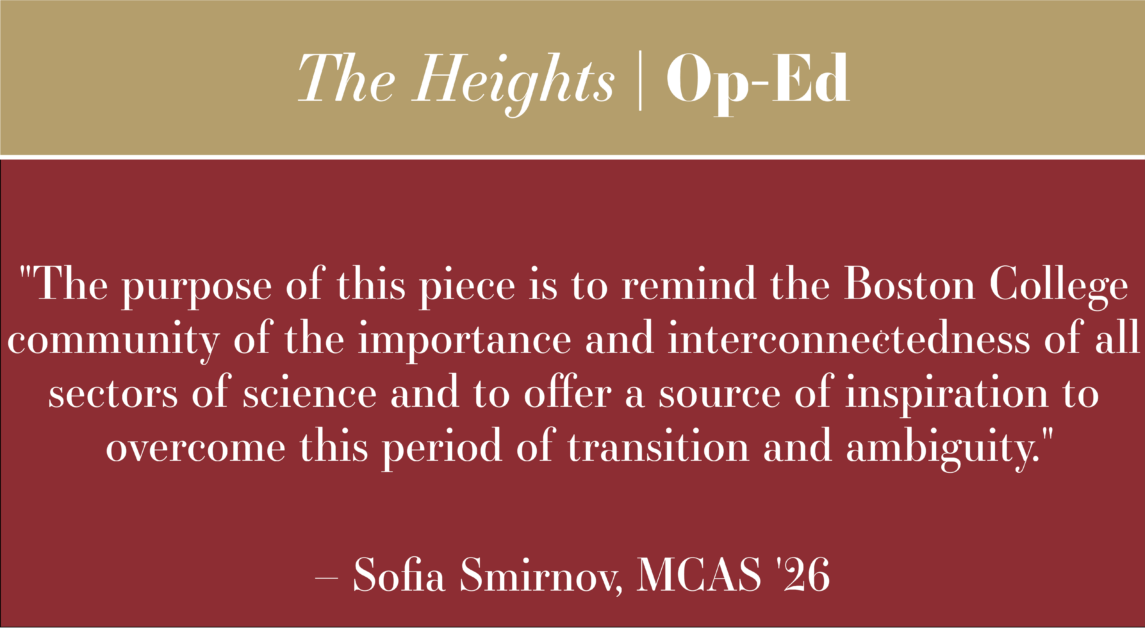

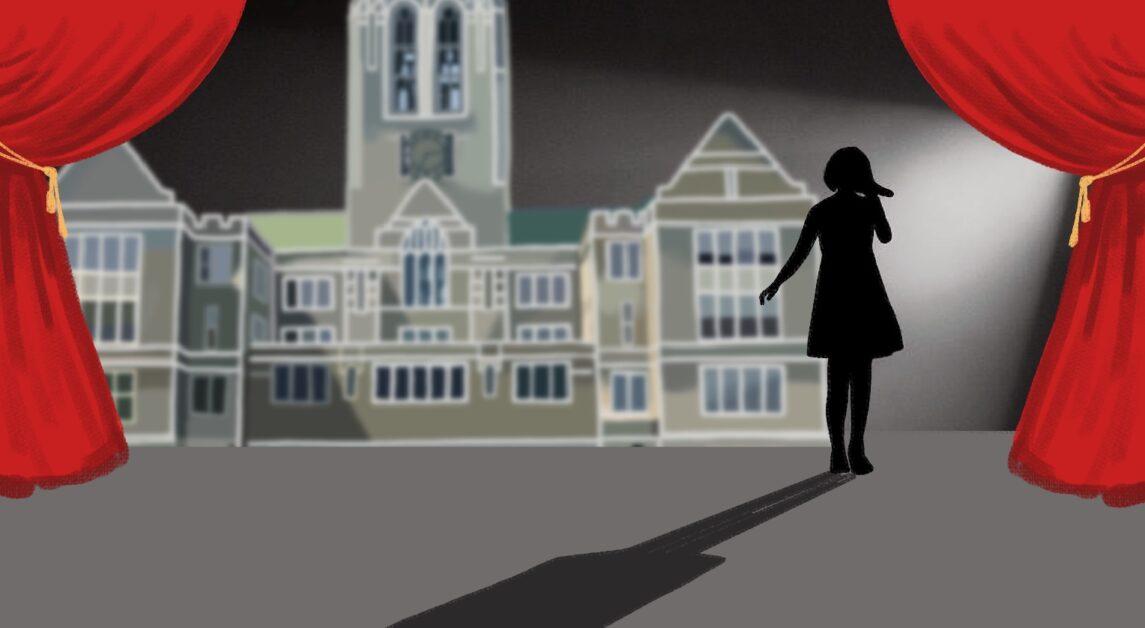

bobby • Oct 16, 2014 at 10:30 pm
That’s right. We don’t just want a seat at the table. The table needs to be overturned.
As part of a beautiful group of folks who worked together at the Flood Wall Street
event in NYC the day following the People’s Climate March, we are
trying to facilitate a climate direct action network around boston. We
have two events planned, with the aim is to bring together some of the
different
folks who have participated in past actions (XL Dissent, KXL
pledge, Brayton Point, Salem, transcanada, pipelines) and who might want
to participate in more. We are also trying to reach folks who may not
have participated in direct action but who would like to (and there are
many many non-arrestable roles and non-civil disobedience actions we
could take). We all know we
have tremendous power in Boston. We hope to work with others to create a
culture of empowerment, where folks are empowered to step up, plan, and
carry out empowering, effective, and principled actions. We believe in
the power of decentralized but coordinated
actions, so here’s to getting that going locally, and to seeing you all!
Sunday Oct. 19th, 1:00-3:30PM, MIT building 56 room 154. facebook
Wed. Oct. 22 6:30-9:00 PM, Lucy Parsons Center, 358A Centre St., Boston. facebook